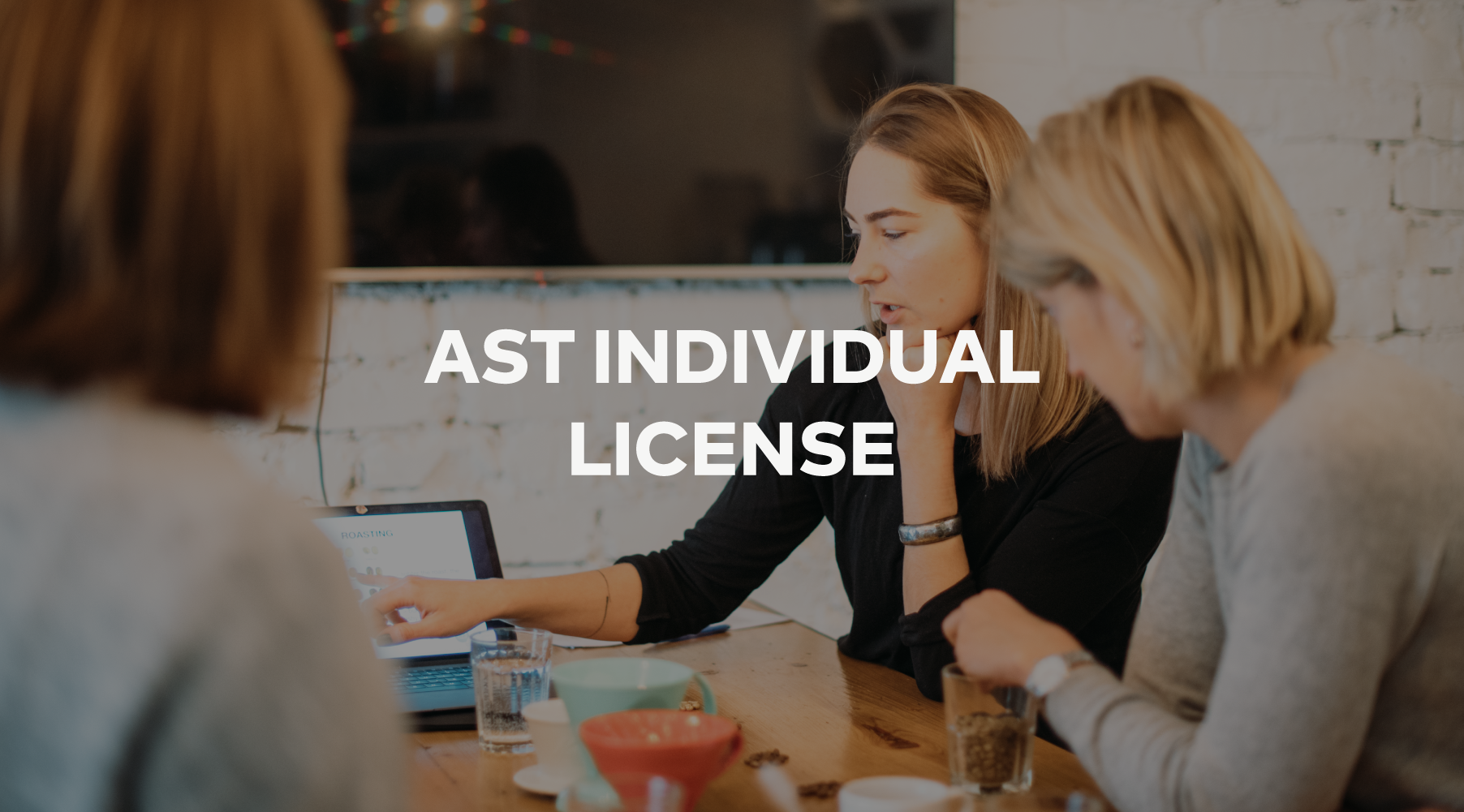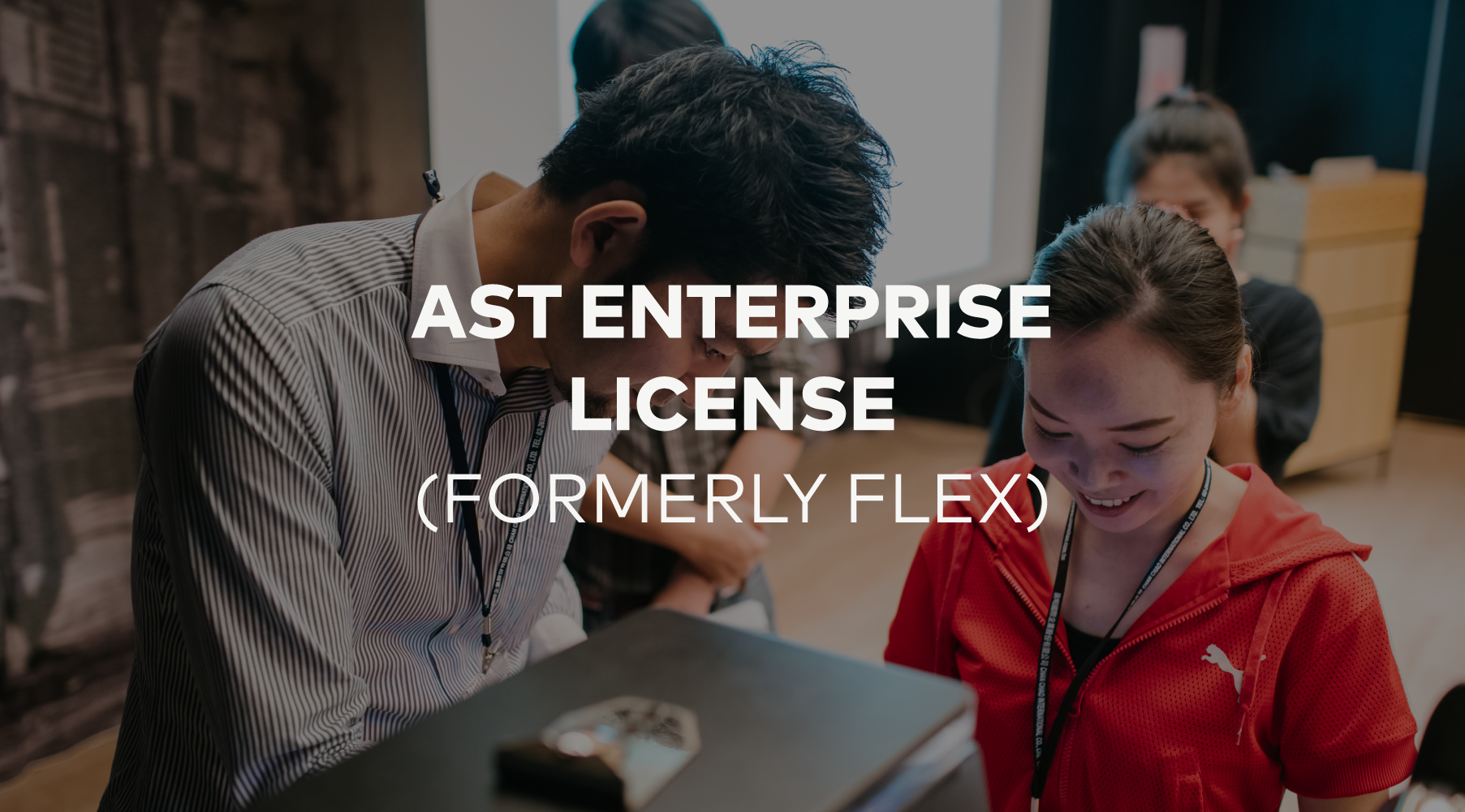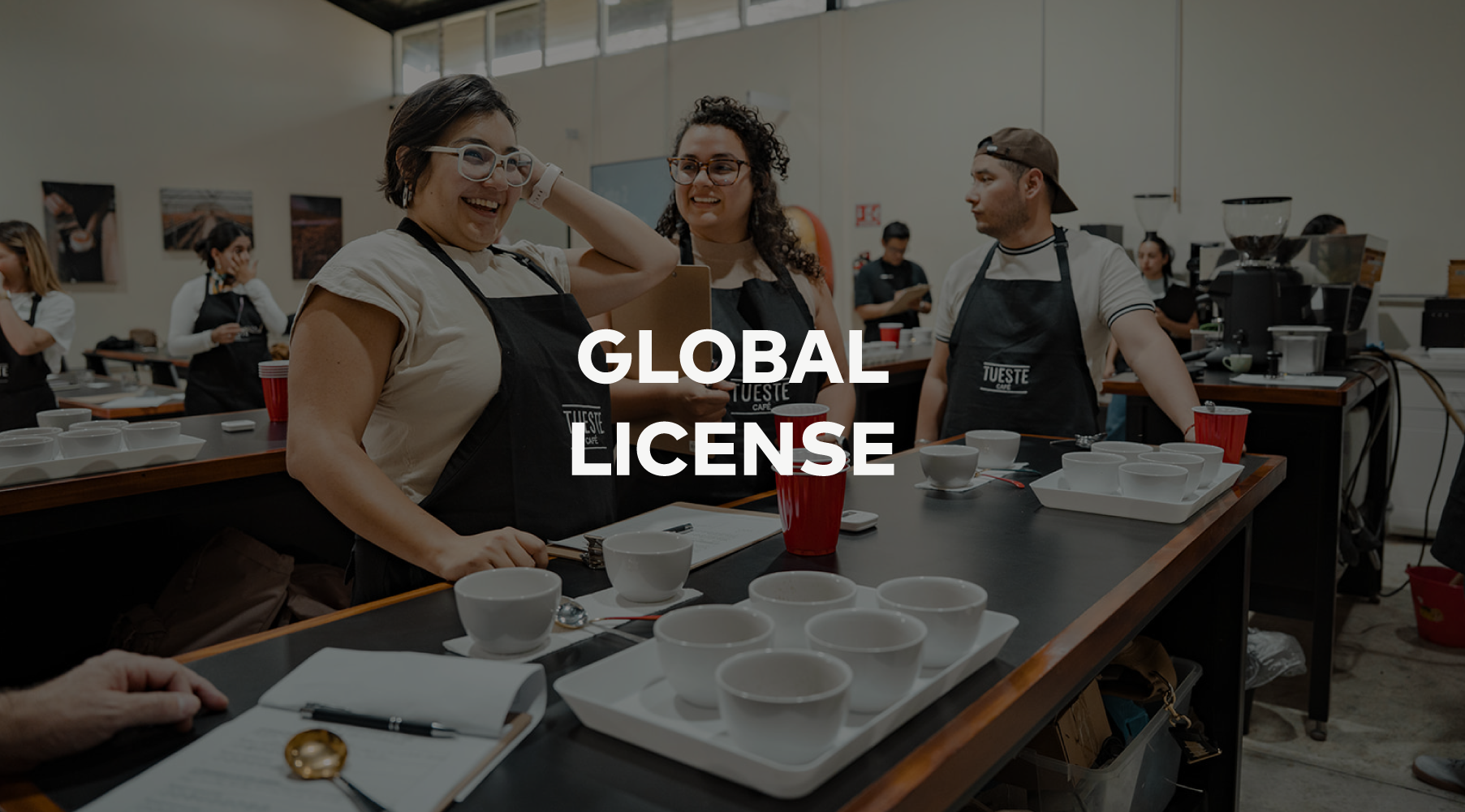
Introducing a More Accessible Pricing Model
A New Chapter in Coffee Education
The SCA is transforming its global education pricing model to make learning more accessible, affordable, and equitable for coffee professionals everywhere.
Designed to meet learners where they are, both geographically and economically.
Education costs will now vary by country, reflecting local economic realities.
We’ve organized countries into five groups based on data from the International Monetary Fund and the Purchasing Power Parity per Capita Index.
This approach ensures that both course fees for learners and license fees for trainers are scaled fairly and transparently.
This model applies to all SCA certificate programs, including the new Q Program.
A more inclusive, empowered global coffee community.
We believe education is the foundation of a thriving, equitable, and sustainable coffee industry - and the SCA is proud to lead this transformation. But we’re not doing it alone.
Through trusted relationships and shared values, we’re partnering with key institutions to expand our reach and impact. These collaborations help bring our programs and standards to more people, while respecting and leveraging local knowledge and infrastructure.
New to SCA Education? Here's how it works.
We offer certificate courses through the following programs: the Coffee Skills Program, Coffee Sustainability Program, Coffee Technician Program, and the Q Grader Program. In addition, we offer a standalone certificate course: the CVA for Cuppers Course.
The SCA provides the curriculum, platform, and administrative services to trainers for a fee per learner and per trainer. Trainers set their own total price for a learner’s education experience, with some trainers covering both fees.
Find You or Your Student’s Pricing Group
SCA course fees and AST license fees are organized into five pricing groups, with each group made up of specific countries.
For Learners, Course fees are determined by the learner’s country of residence.
For Trainers, License fees are determined by the trainer’s country of residence.
To identify the correct fee, check which group your country belongs to in the groups listed below.
-
Afghanistan
Benin
Burkina Faso
Burundi
Cameroon
Central African Republic
Chad
Comoros
Congo, Democratic Republic of
Eritrea
Ethiopia
Gambia
Guinea
Guinea-Bissau
Haiti
Kiribati
Lesotho
Liberia
Madagascar
Malawi
Mali
Micronesia (Federated States of)
Mozambique
Myanmar
Nepal
Niger
Palestine, State of
Papua New Guinea
Rwanda
Senegal
Sierra Leone
Solomon Islands
Somalia
Tajikistan
Tanzania, United Republic of
Timor-Leste
Togo
Uganda
Vanuatu
Yemen
Zambia
Zimbabwe -
Angola
Bangladesh
Bolivia (Plurinational State of)
Cabo Verde
Cambodia
Congo
Côte d'Ivoire
Djibouti
Ghana
Honduras
India
Jamaica
Jordan
Kenya
Kyrgyzstan
Lao People's Democratic Republic
Marshall Islands
Mauritania
Morocco
Namibia
Nauru
Nicaragua
Nigeria
Pakistan
Philippines
Samoa
Sri Lanka
Tonga
Turks and Caicos Islands
Tuvalu
Uzbekistan
Venezuela (Bolivarian Republic of)
Western Sahara -
Albania
Algeria
Antigua and Barbuda
Barbados
Belize
Bhutan
Bosnia and Herzegovina
Botswana
Bouvet Island
Brazil
Colombia
Dominica
Ecuador
Egypt
El Salvador
Equatorial Guinea
Eswatini
Fiji
Gibraltar
Grenada
Guatemala
Indonesia
Iraq
Kosovo
Lebanon
Libya
Martinique
Moldova, Republic of
Mongolia
Montserrat
Niue
Palau
Paraguay
Peru
Saint Vincent and the Grenadines
South Africa
Suriname
Tunisia
Ukraine
Viet Nam -
Argentina
Armenia
Azerbaijan
Belarus
Chile
Costa Rica
Dominican Republic
Gabon
Georgia
Maldives
Mauritius
Mexico
Montenegro
North Macedonia
Réunion
Saint Kitts and Nevis
Saint Lucia
Serbia
Thailand
Trinidad and Tobago
Turkmenistan
Uruguay -
Åland Islands
American Samoa
Andorra
Anguilla
Aruba
Australia
Austria
Bahamas
Bahrain
Belgium
Bermuda
Bonaire, Sint Eustatius and Saba
Brunei Darussalam
Bulgaria
Canada
Cayman Islands
China
Christmas Island
Cocos (Keeling) Islands
Cook Islands
Croatia
Curaçao
Cyprus
Czechia
Denmark
Estonia
Falkland Islands (Malvinas)
Faroe Islands
Finland
France
French Guiana
French Polynesia
Germany
Greece
Greenland
Guadeloupe
Guam
Guernsey
Guyana
Holy See (Vatican City State)
Hong Kong SAR
Hungary
Iceland
Ireland
Isle of Man
Israel
Italy
Japan
Jersey
Kazakhstan
Korea, Republic of
Kuwait
Latvia
Liechtenstein
Lithuania
Luxembourg
Macao
Malaysia
Malta
Mayotte
Monaco
Netherlands
Netherlands Antilles
New Caledonia
New Zealand
Norfolk Island
Northern Mariana Islands
Norway
Oman
Panama
Poland
Portugal
Puerto Rico
Qatar
Romania
Russian Federation
Saint Barthélemy
Saint Helena, Ascension and Tristan da Cunha
Saint Martin (Dutch)
Saint Martin (French)
San Marino
Saudi Arabia
Seychelles
Singapore
Slovakia
Slovenia
Spain
Svalbard and Jan Mayen
Sweden
Switzerland
Taiwan
Turkey
United Arab Emirates
United Kingdom
United States
United States Minor Outlying Islands
United States Miscellaneous Pacific Islands
Virgin Islands (British)
Virgin Islands (US)
Wallis and Futuna
Don’t see your country? The SCA is a US-based 501(c)6 non-profit and held to US sanctions. This list will be updated as sanctions adjust.
Understanding SCA Course Fees
Each learner enrolled in a SCA Education course pays SCA an enrollment fee, and for each learner enrolled, the trainer pays SCA a trainer service fee.
Both fees are based on where the learner resides (which is the learner’s billing country, as recorded in SCA’s system)
To find the correct fee that a learner and trainer pay, first look up the learner’s country in the pricing group listings above. Then refer to the group pricing tables below for the applicable fee.
Trainers may choose to pay the enrollment fee on behalf of their students.
Invoices are generated following the same process used for other SCA education courses.
Course tuition is freely set by trainers and may vary by market.
SCA Course Fee Tables
Both course fees paid to SCA are per learner enrolled in the course. These are the only course fees paid to SCA.
Understanding AST License Fees
An AST License authorizes a trainer to teach SCA curriculum. Descriptions of available licenses are below.
To determine your license fee (renewal fees are the same price)
Locate your pricing group based upon your country of residence. See pricing groups listed above.
Select the type of license you would like to purchase.
Individual or Enterprise or Global Individual or Global Enterprise; 1 or 3 year term.
Individual licenses allow you to teach in all countries within your group. This is the AST’s teaching territory.
Global Individual licenses allow to expand your teaching territory to the world.
Enterprise licenses are for companies only.
The AST Individual and Enterprise (formerly Flex) License allows trainers to teach any module or program they are eligible to teach without paying an additional fee.
Under the Standard 3-year license (no longer available), if a trainer was eligible to teach a certain module/program, they would need to pay an additional fee to do so. If trainers don’t upgrade their license before the renewal date, the license will automatically transition to the new All-Inclusive License at the next renewal. However, note that after November 30, 2025, module licenses cannot be purchased separately or renewed off-cycle under the old system.
For more information about the Enterprise License, please contact education@sca.coffee.
AST License Fee Tables
The License for an Individual
An AST Individual License is held by an individual or independent consultant who meets the requirements to teach the relevant modules. Holders for this license can teach in all countries within their designated country group.
The License for a Company
Available to any SCA member companies, the AST Enterprise (formerly Flex) License authorizes any qualified trainer to teach on behalf of the company within their designated country group. The company may designate an administrator to oversee course management.
For Trainers Who Want to Teach Anywhere
A Global Individual or Enterprise License allows the trainer to teach anywhere in the world.

Find Available Courses
Know which certificate program and level you want to take? Use our Course Finder to browse upcoming courses in your region.








